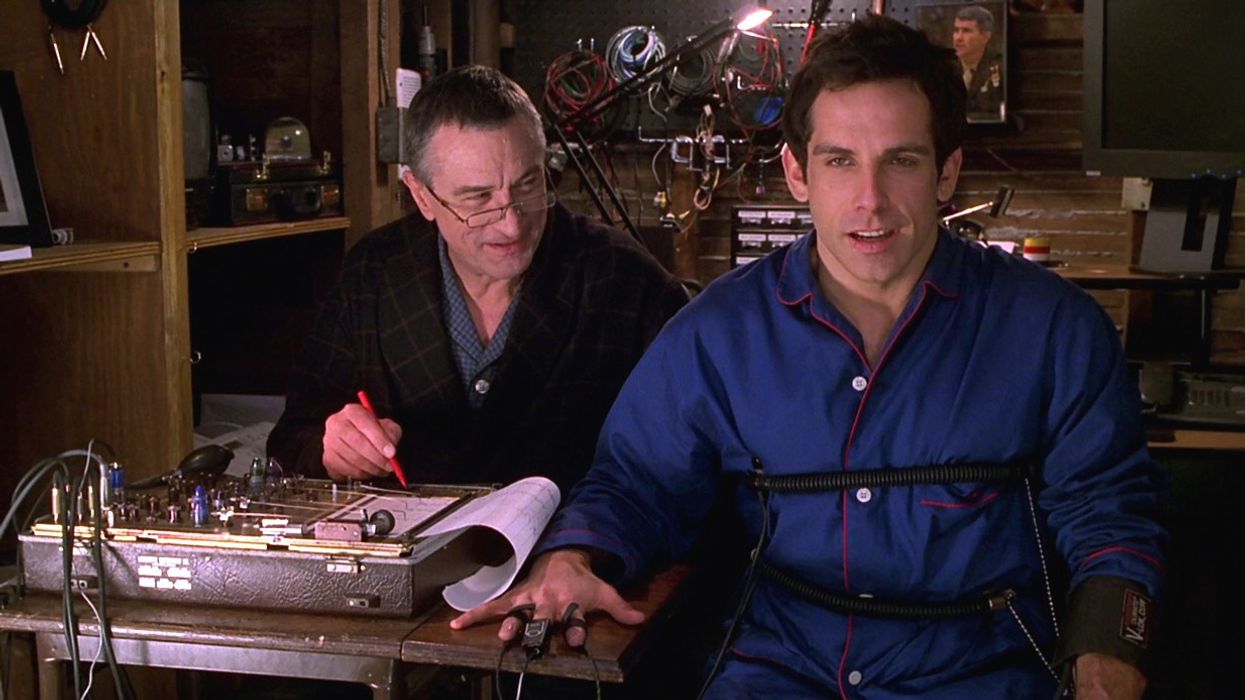What Is Situational Irony (Definition and Examples)
Let's define situational irony together.

Ever find yourself in a situation where you're kind of befulled at how you got there. or it feels extremely funny or weird that you're in it in the first place?
Well, you might be experiencing situational irony.
In writing, this can create a lot of drama, a lot of comedy, and put your characters in scenes that will have the audience oin the edge of their seats.
So today, we're going to go over how it can be used as a tool for filmmakers.
Ready? Let's go.
Situational irony: The opposite of what you think - Christopher Warnerwww.youtube.com
Situational irony definition
Situational irony is a storytelling device that occurs when expectations about something to happen are defined by what actually happens instead. It is the literary device equivalent to the rug being pulled out from under you.
Subtypes of situational irony:
- Cosmic irony (Irony of Fate or Destiny)
- This feels like divine intervention, sort of like the concept of It's a Wonderful Life, with Clarence the angel helping George.
- Poetic irony (commonly called "poetic justice")
- Think about the end of Breaking Bad, when Jesse is finally freed from drugs and Walter dies alongside his meth lab.
- Structural irony
- Think about how the narrator in Arrested Development comments on what happens in the show. That's structural irony.
- Historical irony
- Think about The Social Network, where a guy who made a friend-finding app is alone at the end of the movie.

Situational irony in all genres
What I love about situational irony is that it can be applied to all genres. One of my favorite short stories is a great example of situational irony in literature. It is an old fable called The Gift of the Magi by O Henry. Where a woman sells her hair to buy her husband a watch chain and, in an unexpected twist, the husband sells his watch to buy combs for her. in the end result, we have various forms of irony.
Since the very essence of storytelling is subverting expectations, you can apply this technique to scare people in horror, to excite them in thrillers, to make them laugh in comedies, and to gather strong emotional responses in drama.
Like William Shakespeare does with Romeo and Juliet, it's meant to keep the audience on their toes, no matter what.

Situational irony in pictures
Before we get into movies and TV shows that employ this storytelling technique, I wanted to look at some still photos that involve situational irony, to get you in the mood to dive deeper.

Obviously, the joke here is that we expect to see the hours of the store being 24/7, but instead we see that it has closed. Sorry, I have to explain the irony in these pictures. That's probably pretty ironic in itself.
Next up, check out this moving truck.

The juxtaposition here between the words on the truck and the actual unwise move trying to drive it under a low roof is hilarious.
I think we understand the definition now, so let's move into some instances in film and TV.
Situational Irony Examples in Film and TV
We gave specific examples under the four types of situational irony, but I wanted to dig deeper in this section. Maybe the most famous example of situational irony is from the movieThe Sixth Sense. Cole can “see dead people,” and we finally figure out that Bruce Willis's character is dead at the end of the movie.
Another version of this would be in the very premise of Along Came Polly, where Ben Stiller plays a guy who assesses risks for a living and begins to date a woman who engages in all sorts of risky behavior.
Or what about in the TV version of Watchmen, where when you look into the police chief's closet, there's a secret room full of Klan memorabilia? Maybe he wasn't on the right side of the law after all?
The more you dig into situational irony, the more you realize that it is your job to keep the audience hooked and wanting more.
What are some of your favorite examples?
Let us know in the comments!











